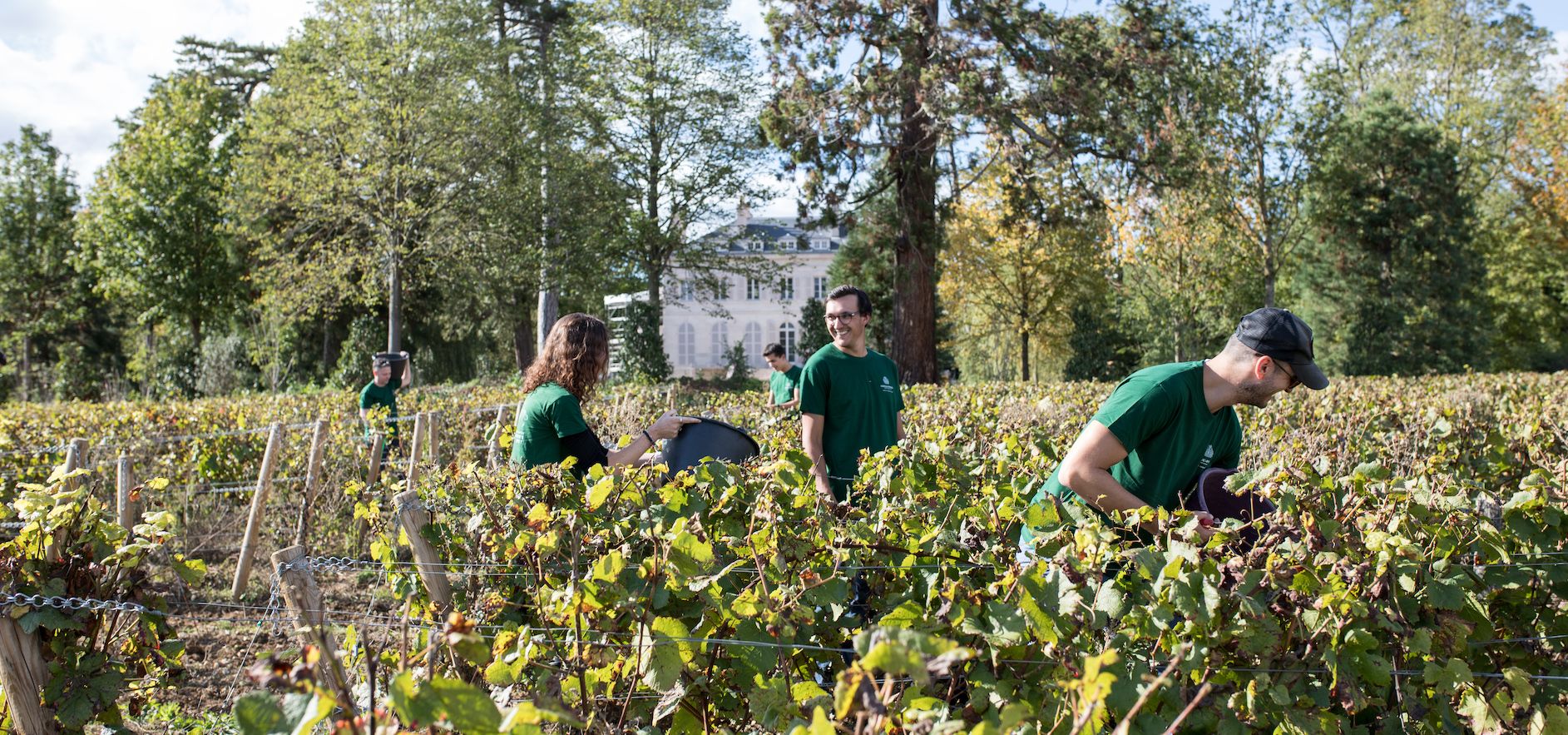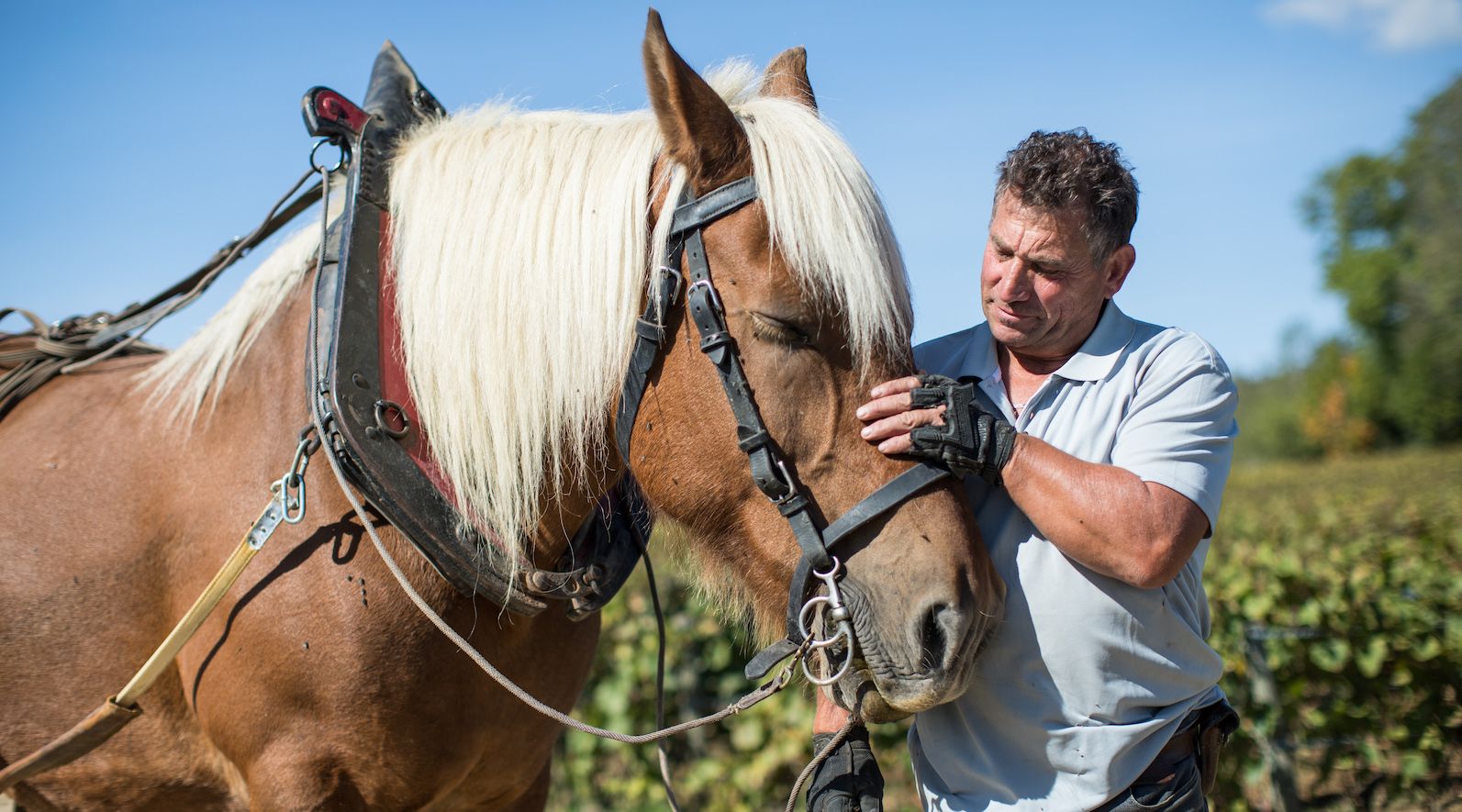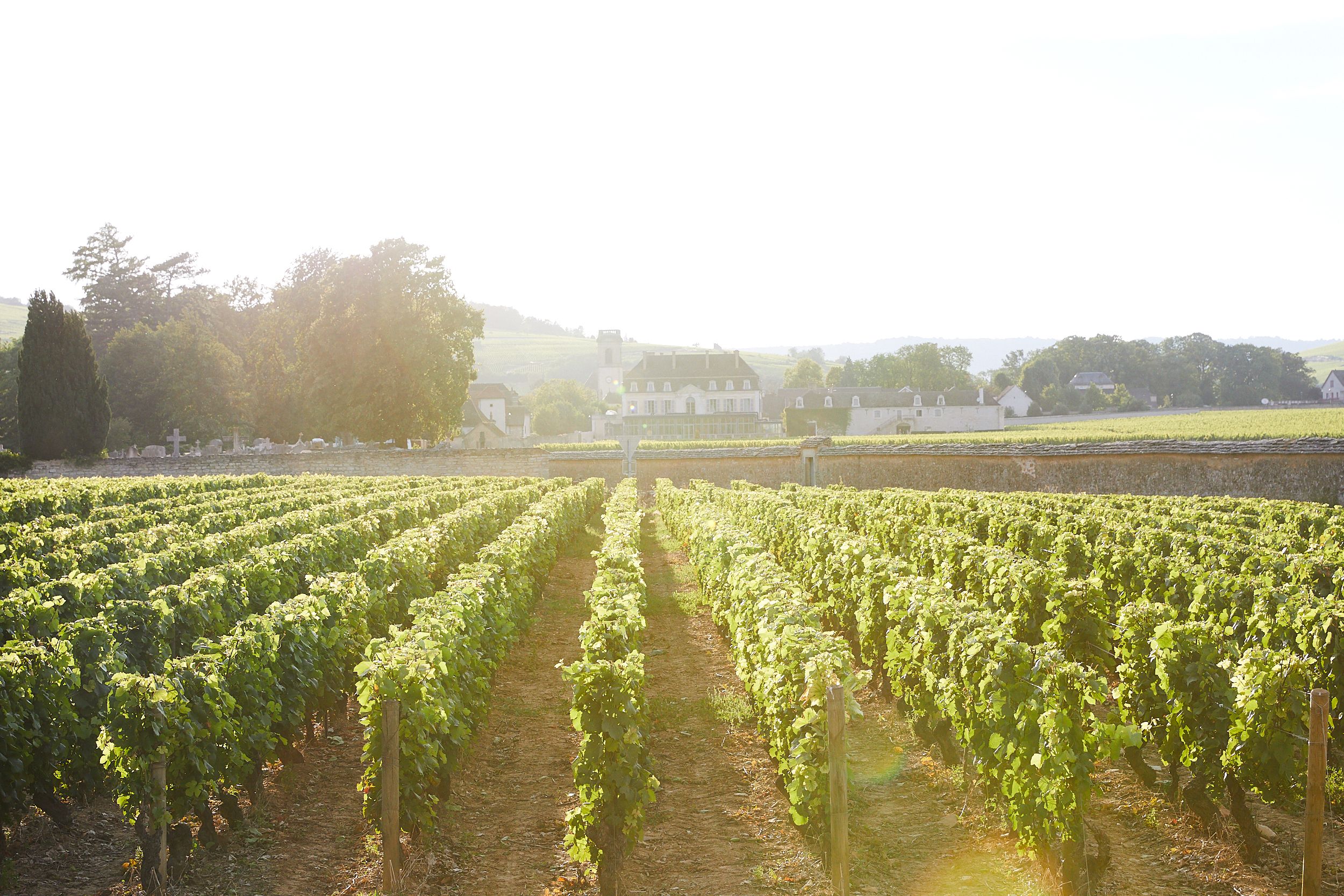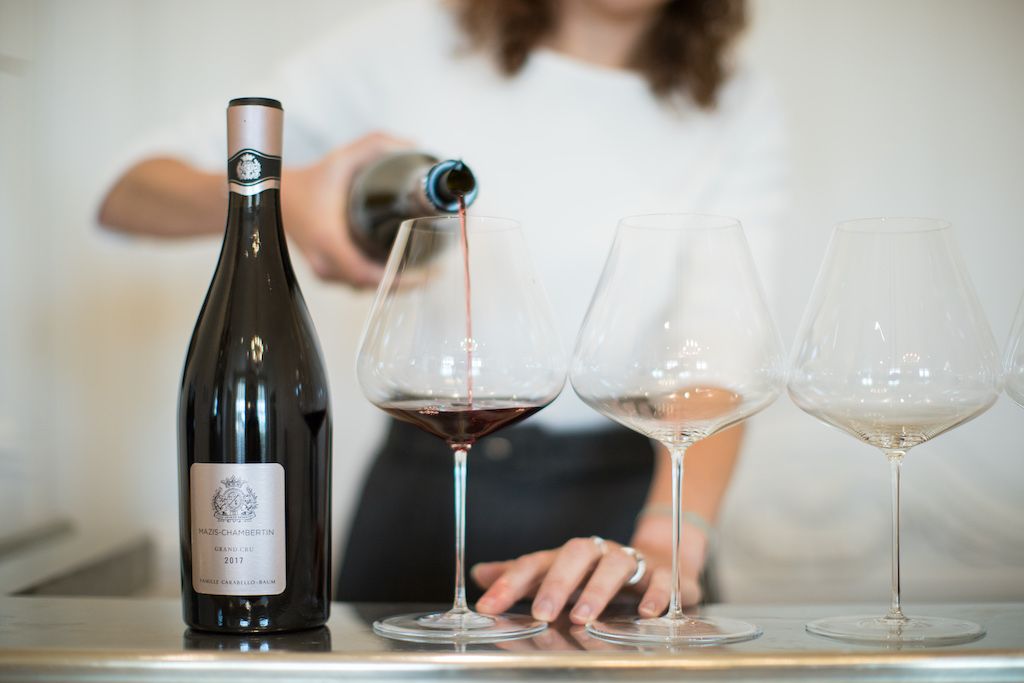
Looking for VIVANT? You're not lost!
Château de Pommard is the place that gave birth to VIVANT. You can learn about, taste and enjoy organic and biodynamic wines right here.
Check out our Special Offers!
We closed down the VIVANT project on June 15 2023, but the team behind it is still very much alive!
Our mission to drive the success of a subscription wine club by sending quarterly shipments and helping to educate consumers about the manifold benefits of sustainable wines was a noble one, but ultimately we had to decide where to invest our time and resources, and we chose this château.
We learned some valuable lessons along the way, and made some lifelong friendships. But now we'd love you to come with us on our next journey, which is here amongst the horses, the crop diversity and absolutely zero systemic chemicals!

An XVIII Century Burgundy chateau with XXI century global values.
Here at our amazing Château, sustainability is the central tenet. Our experience achieving organic certification, and then successfully converting to biodynamic has changed everything.
Our Clos Marey Monge vineyard is a geological marvel that has been producing wine for centuries, but a move to completely regenerative farming has transformed not only the quality of the wine but the lives of those who work the land. This is where the journey began.

Click below to navigate to our main page where you will discover everything about our wines, our vineyard, our in-person tasting experiences, and our very own education centre.
Make yourself at home. Cheers!